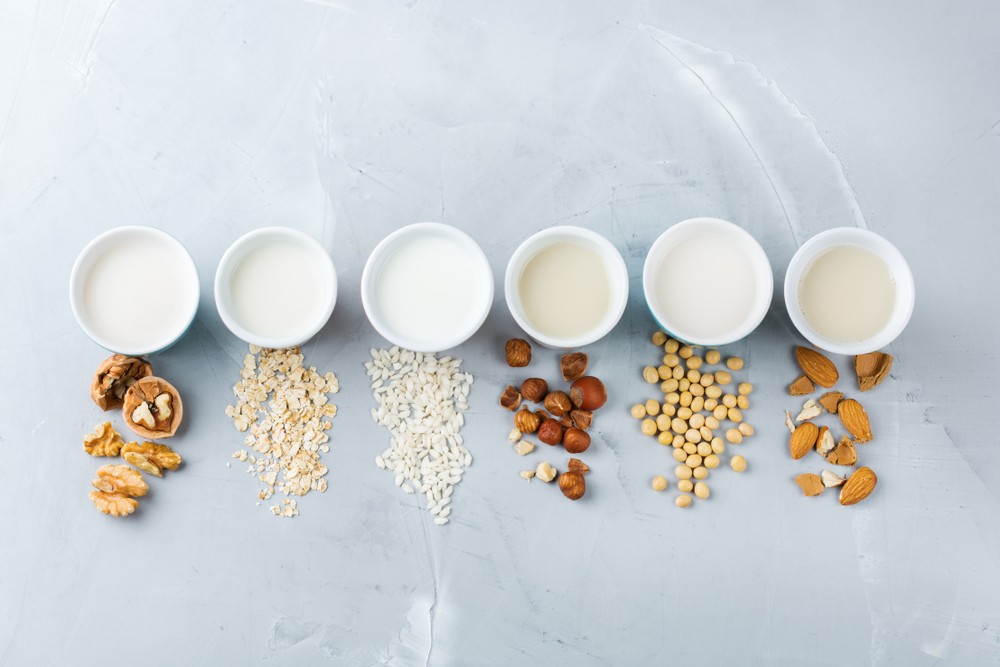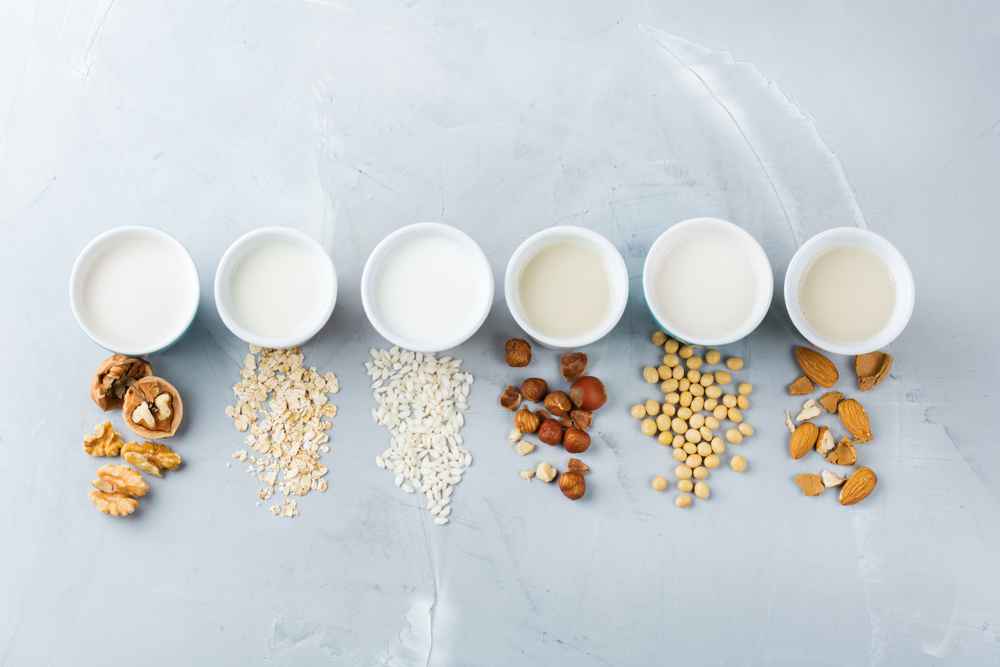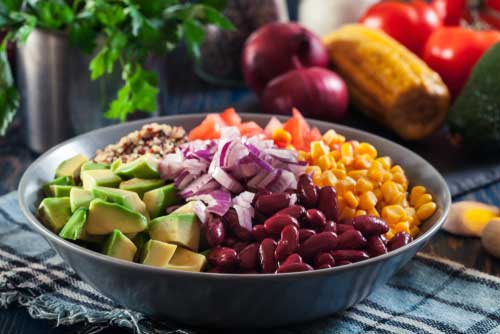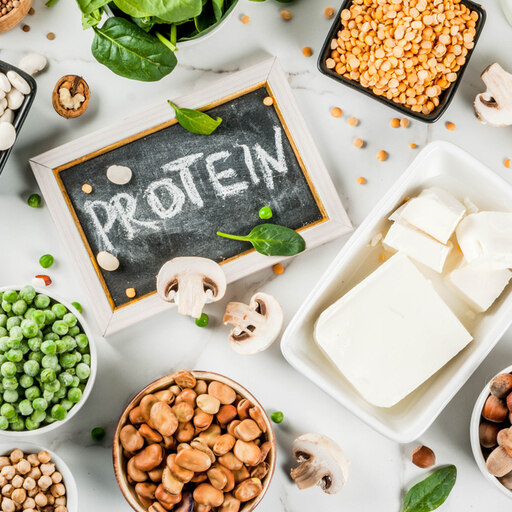 We have grown up hearing and reading about the various benefits of milk. From protein to calcium and B complex vitamins, milk has various benefits. However, there are various reasons that dairy-based milk can potentially harm more than help many people. One widespread example is lactose intolerance (or allergy to dairy products), said to affect 65% of the world’s population. Apart from this, there are dairy allergies and antibiotics found in cow’s milk.
We have grown up hearing and reading about the various benefits of milk. From protein to calcium and B complex vitamins, milk has various benefits. However, there are various reasons that dairy-based milk can potentially harm more than help many people. One widespread example is lactose intolerance (or allergy to dairy products), said to affect 65% of the world’s population. Apart from this, there are dairy allergies and antibiotics found in cow’s milk.
Following are the 4 Non-Dairy Milk Substitute:
1) Soy Milk:
Sourced from soybeans or soy protein, soy milk is a close replacement for dairy-based milk. It has a high level of protein content and provides with all the essential amino acids. It also has a much lower carbohydrate content and 75% more antioxidants than dairy-based milk. With a smooth, creamy texture as well, this is a great choice!
2) Almond Milk:
With a sweet, nutty flavor, and Vitamin E, this is a healthy way to go. Almond milk contains a much lower amount of fat and calories than dairy-based milk, making it an effective substitute for those who want to lose or maintain their weight. The best way to benefit from the nutritious qualities of almonds is to choose milk that contains 7-15% almond, instead of those that contain only 2% with the rest being primarily water.
3) Cashew Milk:
This option comes with a rich nutty flavor and thick texture. Though it is relatively low in protein due to the nut pulp being strained away during preparation, it is beneficial for those who need to control their carbohydrates, fat, and calorie intake. This is also one of the easiest milks to make at home!
4)Coconut Milk:
Coconut milk has the lowest quantity of protein and carbohydrates among non-dairy milk. This makes it a great option for those who need to control carbohydrate intake, as long as protein requirements are taken care of via other dietary sources. Additionally, coconut milk contains medium-chain triglycerides (good fat), which have been shown to reduce blood cholesterol.
Whatever your reason is to look for non-dairy milk substitutes, these options are the most practical. However, do ensure that you continue to take care of your body’s protein, calcium, and B complex vitamin requirements by balancing your diet with foods rich in these essential nutrients.





 1800-270-7000
1800-270-7000











